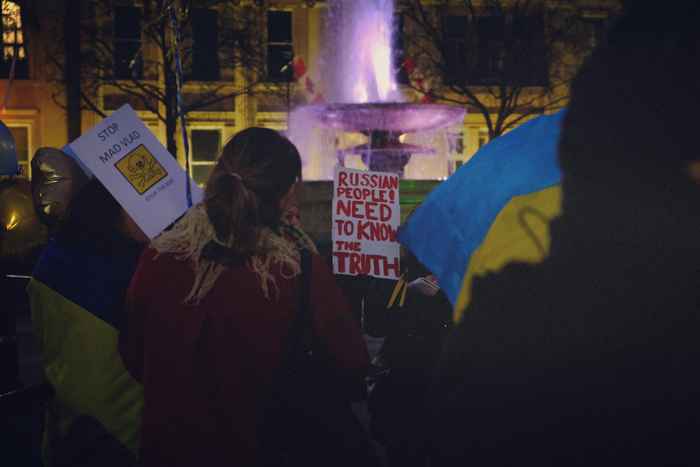UvA researchers discover how Polish news sites 'launder' Russian propaganda
20 March 2024

'The European Union imposed several sanctions on Russia after the invasion of Ukraine. These included measures to make content from Russian State media no longer accessible in several European member states,' says research officer Kamila Koronska. 'Our research shows that this is mostly symbolic, as these media blockades can be circumvented very easily.'
Laundering
According to the researchers, there is 'content laundering': the posting of news items originating from Russian State media on websites that present themselves as independent media.
The investigation focused on Poland, where, where researchers found three news sites are engaged in reposting content originating from Russian State media. These include Lega Artis, a platform that presents itself as an objective news medium and averages some 10,000 page views per day.
'Using digital tools, we examined the metadata of the Lega Artis website. From this we could deduce that the site was part of a larger information network,' Koronska explains. 'Two other Polish news sites, News na Dzis and Daily Blitz, shared mostly the same content. Both also presented themselves as independent information facilities.'
There should also be initiatives tracking the reliability of media outletsKamila Koronska
Further investigation revealed that the websites were posting more and more frequently since the start of the Ukraine war. 'This made us suspect that they were possibly getting their content from an external source,' says Koronska. 'We then discovered that many articles were copies of content on Zero Hedge, a financial blog founded by Bulgarian ex-banker Daniel Ivandjiiski who has been accused by the United States and investigative journalists of amplifying Russian propaganda.'
According to Koronska, the research findings show that the European Union should step up its efforts to combat the spread of misinformation. 'If banning websites does not work, we should look at alternatives. There should also be initiatives tracking the reliability of media outlets.'